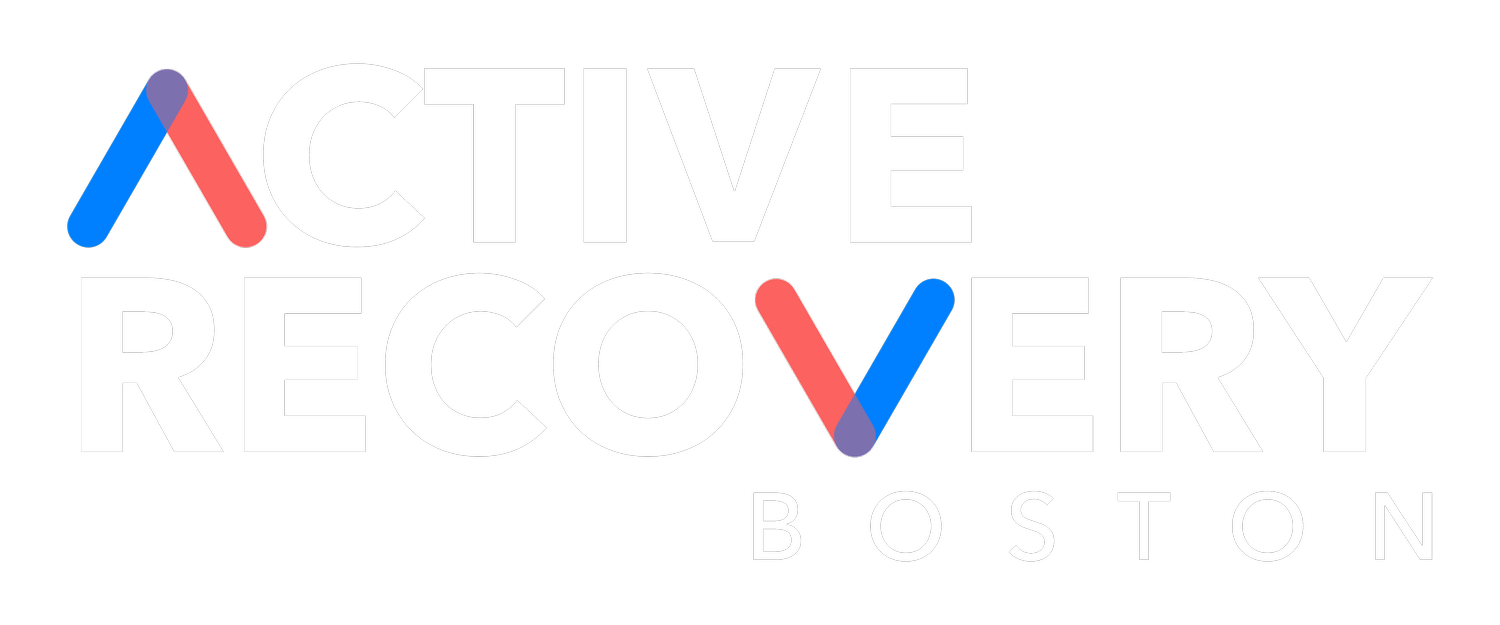Running the Boston Marathon is an incredibly rewarding challenge that many athletes take part in each year. With the proper training and endurance, it’s possible to cross the finish line feeling proud of your accomplishments. However, this sport isn’t without its risks. Without proper training and preparation, runners risk serious injuries during their race. That’s why strength training is so important for any marathon runner.
At Active Recovery Boston in Franklin and Boston, MA, we understand how important strength training is for injury prevention during marathon running. We provide expert advice and support to our clients to help them reach their goals safely and quickly. In this blog post, we look at why strength training is such an important part of your marathon training plan and how it can help you avoid injury during a race.
The Benefits of Strength Training
Strength training helps runners build muscle mass and improve physical performance. This type of exercise also increases bone density, making them less prone to fractures or other serious injuries while running. Strengthening the joints and muscles can also help reduce common joint pain from running long distances. Additionally, strength exercises help runners increase their stamina by improving their oxygen uptake capacity – meaning they can run longer distances without feeling fatigued as quickly as before.
Building Strength with Compound Exercises
Compound exercises are a great way for runners to build strength without overworking individual muscle groups or sacrificing flexibility in the process. Examples of compound exercises include jumping jacks, burpees, mountain climbers, squats, lunges and planks – all of which target multiple muscle groups simultaneously while also providing cardiovascular benefits as well. Adding these exercises into your regular routine can help you build a strong foundation that will support you during your marathon training and race day itself.
Developing Injury-Preventing Habits
In addition to helping runners strengthen their muscles and joints, regular strength training can also help develop good habits that will prevent injuries from occurring on race day itself or during practice runs leading up to it. For example, running with proper form – such as keeping your upper body relaxed rather than tensed up – can go a long way towards preventing common strains or sprains that could occur when running long distances with bad posture or technique. Additionally, core strengthening exercises like planks can improve balance while preventing back pain from developing due to poor technique or fatigue while running long distances over time. Of course, being upright and looking strong for the finish line photo is always a plus.
Why You Should seek care with Active Recovery Boston during your training.
At Active Recovery Boston in Franklin and Boston, MA we offer professional guidance and expertise when it comes to preparing for the Boston Marathon race safely and effectively through strengthening exercises specifically tailored to meet your needs as an athlete. Our team of experienced Doctors, such as Dr. Kate Kelly, provide personalized assistance every step of the way ensuring you get the most out of your workouts while avoiding any potential injury risks associated with running the Boston Marathon.
Conclusion
Running the Boston Marathon is a rewarding challenge that takes commitment and dedication but unfortunately, with no proper preparation, there's always a risk for serious injuries along the way. That’s why strength training is so essential for any aspiring marathoner - not only does it provide numerous physical benefits but it also helps develop good habits that prevent potential injuries from occurring on race day itself or during practice runs leading up to it! If you're looking for expert advice on how best to prepare for your next big race then get in touch with us at Active Recovery Boston today.
To learn more about becoming a new patient, please call us. Our Boston office can be reached at (617) 423-3370 or our Franklin office can be reached at (617) 959-4558 to schedule your first appointment.

